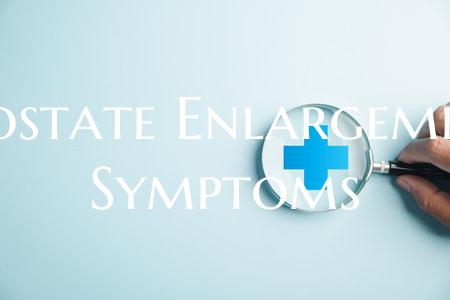
Prostate Enlargement Symptoms
When it comes to prostate enlargement, understanding the symptoms is crucial for early detection and prompt treatment. Also known as benign prostatic hyperplasia (BPH), prostate enlargement is a common condition among aging men. While the prostate gland naturally grows larger with age, some men may experience significant enlargement that leads to troublesome symptoms.
One of the most common symptoms of prostate enlargement is frequent urination, especially during the night. This is because the enlarged prostate can put pressure on the urethra, causing a disruption in the normal flow of urine. Men may also experience a weak urine stream or a feeling of incomplete emptying of the bladder after urination.
Other symptoms of prostate enlargement may include a sudden and urgent need to urinate, discomfort or pain during urination, dribbling at the end of urination, and a sense of straining while trying to urinate. Some men may also notice blood in their urine or experience recurrent urinary tract infections.
In addition to urinary symptoms, prostate enlargement can also affect sexual function. Men with BPH may encounter erectile dysfunction, painful ejaculation, or a decrease in sexual desire. These symptoms can have a significant impact on a man's quality of life and overall well-being.
It is essential for men experiencing any of these symptoms to consult with a healthcare provider for a proper diagnosis and appropriate treatment. While prostate enlargement is a common condition, monitoring symptoms and seeking medical advice can help manage the condition effectively and prevent any complications. Early detection and proactive management of prostate enlargement symptoms can lead to improved urinary function, better quality of life, and overall health.